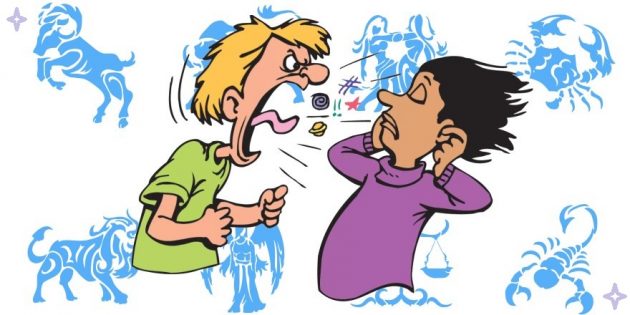Content
Modern life is full of troubles, high demands, disappointments, conflicts. For many people, stress is so familiar that it has become a way of life. If you often feel that you are exhausted and overworked, it’s time to take steps to bring your nervous system back into balance. You can protect yourself by learning to recognize the signs and symptoms of stress and take steps to reduce the harmful effects of stress..
What is stress
When you feel threatened, your nervous system reacts with the release of stress hormones, including adrenaline and cortisol. These hormones prepare the body for emergency measures..
Your heart beats faster, your muscles tighten, your blood pressure rises, your breathing quickens, and your feelings worsen. Stress is what keeps you tense during a presentation at work, exacerbates your concentration when you try to win the game during a free throw or other life situations, but after a certain limit, stress ceases to be useful and begins to cause major damage to your health, mood , working capacity, your attitude, and the quality of your life.
Here are some common signs and symptoms of burnout under stress. The more signs and symptoms you notice in yourself, the more stressful you are..
Stress – Signs and Symptoms
Cognitive symptoms
Memory problems
Inability to concentrate
Fixing only on the bad
Disturbing thoughts
Constant concern
Emotional symptoms
Moodiness
Irritability or temper
Inability to relax
Feeling of congestion
Feeling of loneliness and isolation
Depression or general despondency
Behavioral symptoms
Malnutrition or overeating
Insomnia or drowsiness
Isolating oneself from others
Neglect of duties
Drinking alcohol, cigarettes, drugs to relax
Nervous habits (e.g. biting nails, snapping fingers)
Physical symptoms
Pain
Diarrhea or constipation
Nausea, dizziness
Chest pain, palpitations
Loss of sex drive
Frequent colds
Keep in mind that signs and symptoms of stress can also be caused by other psychological and medical problems. If you experience any of the signs of stress, it is important to consult a psychologist for a competent assessment. A psychologist can help determine if your symptoms are really stress related..

Causes of stress
We usually imagine stress as something negative, a grueling work schedule, or a difficult relationship. However, anything that puts high demands on you or makes you strain can be stressful. Stress involves positive events such as marriage, buying a house, studying at college, or getting a promotion.
An event that causes stress depends, at least in part, on the perception of the event. What is stressful to you may not bother someone else; he may even like it. For example, a morning traffic jam can cause you anxiety and stress because you are worried that you will be late. Others, however, can enjoy a leisurely ride as they have enough time to listen to their favorite music..
Causes of stress in the environment
Significant life changes
Job
Relationship difficulties
Financial difficulties
High employment
Children and family
Causes of stress in your inner psychological state
Inability to accept uncertainty
Pessimism
Negative internal dialogue
Unrealistic expectations
The pursuit of excellence
Lack of self confidence
Stress and Chronic Fatigue
The body does not distinguish between physical and psychological threats. When you work in a busy schedule, argue with a friend, get nervous in traffic, or get a mountain of bills, your body reacts just as much as if you were faced with a life or death situation. If you have a lot of responsibilities and worries, an extreme stress response can last most of the time..
Prolonged exposure to stress can lead to serious health problems. Chronic stress disrupts the work of almost all body systems. Stress can increase blood pressure, suppress the immune system, increase the risk of heart attack and stroke, promote infertility, and accelerate the aging process. Long-term stress leads to anxiety disorder or depression..
Many health problems arise or are aggravated by stress.
Pain of any kind
Heart diseases
Digestion problems
Trouble sleeping
Depression
Obesity
Autoimmune diseases
Skin diseases like eczema
Supporting friends and family is an effective antidote to stress in life. And the more lonely and isolated a person is, the more stressed he is, stress is afraid of optimism. As a rule, optimists overcome difficulties, have a strong sense of humor, recognize that change is part of life, and believe in higher powers or goals.
The ability to balance your emotions will help you recover from unhappiness..













